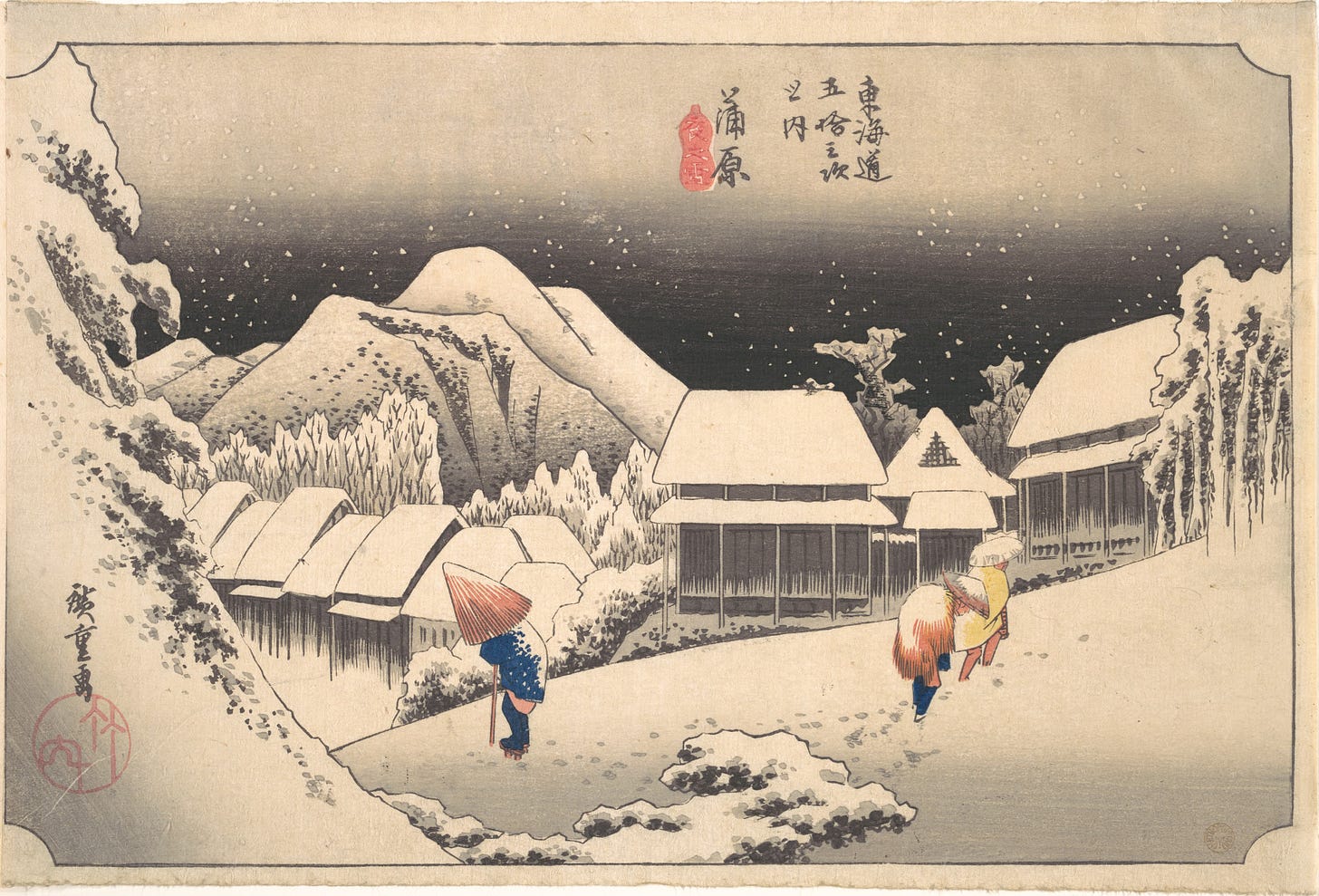Questions are the answer
So often we’re occupied with searching for answers, but lately I’ve been thinking a lot about the question. Questions open doors, answers close them. It’s something that comes more naturally to me than the average person, and not in some I’m-better-than-you type of way. It’s just how I’m wired; I don’t like talking about myself because I am the sort of person for whom solitude is a necessity, and in those long stretches of time alone, I do too much probing of myself. So when I get the opportunity to probe others, I take it and selfishly hold onto it. How do they think about things differently than I do? What do they like to read and watch? Do they believe freedom requires lack of attachment? Do they think forgiveness should be freely given and not earned? Would they agree that avocado is overrated as a result of avocado toast qua mimetic social carrier virus?
Questions are portals. They allow us to hop into new dimensions, traversing time and space at the speed of speech. But as you know if you’ve seen any time travel movies, weaving together a plot without holes is finicky. That’s part of the art of the good question: you need to guide your interlocutor across dimensions with you, being careful enough to ensure smooth leaps of logic, all the while avoiding whiplash and grandfather paradoxes. I may really want to ask someone about her view on white lies, but launching into this line of inquiry from a conversation about her overly dirty martini would hardly be considered good practice (unless of course she told the bartender it was delicious!)
I’ve also come to believe questions carry charisma, although this often goes unrecognized. If charisma is a phenomenon predicated on the impact someone has on you, it only makes sense that the most profound of effects is the one most directly tied to you (i.e., a question that makes you discover something new about yourself). And it turns out you can actually see and even feel this when you ask the right question. How it manifests in the other person is this sort of richly expansive searching look and expression, beginning in the person’s eyes and cascading into the body via an integrated body language — more a reflection of what’s going on in the mind than the typical dualistic modus operandi, and then an unleashing of words interwoven with this palpable sense of awe emanating from a shared journey into parts heretofore unknown.
It’s not always easy to guide conversations to these lush gardens, but it’s always possible. People talk about boring people, but for the most part I don’t think they exist. Everyone has something interesting to say; we just don’t always know how to navigate their mind mazes. It’s precarious! One wrong turn can lead you crashing headlong into a wall that not only precipitates a flat answer but also orients your conversation partner in a way ill-disposed to fruitful wandering — a dead end.
There are no cheap tricks to this, at least as I see it now. The thing that works for me is the maximally effortful thing: you need to be genuinely curious in the person you’re talking with, and that requires strapping a telephoto lens to your attention. When you do cultivate this curiosity, the rest falls into place. You yearn to explore their minds, often happening upon several new questions you’re dying to ask but must impatiently delay in the name of social grace as you wait for them to finish their answer. This can be such a drastic change from what a lot of us are used to that, once tapped into, you may even notice your own mild displeasure when your interlocutor co-opts the conversation by asking you questions when all you want to do is ask more about them (something I wrote about here).
Reflecting on this has me wondering why more people aren’t as interested in asking questions. Talking about yourself is boring; you have many an idle moment for it. I suppose someone needs to do the talking about themselves in order for me to ask the questions. I wonder, does this create an intractable problem? I don’t think it has to. It’s only when someone asks the lazy questions, the ones that have us retracing steps in our mind mazes already deeply imprinted, that my eyes glaze over as I lamentably launch into monologue. When someone asks me a good question, it’s as if I’m borrowing it to query my own mind maze, as I also get to play listener, electrified with anticipation about how I’m going to answer it and surprised at how much more there is to discover about myself. That’s really the power of conversation. At its best, it is a novelty-generating machine, harnessing as its energy all the latent potential contained within, only to be unlocked by the right questions.



